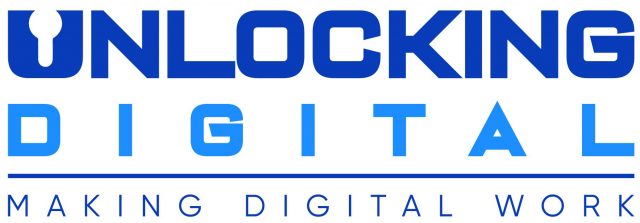Teamwork makes the Dream work: Building a winning RPA Team
No matter where you were this summer you must have heard something about the Olympics and the Paralympics. It’s really awesome to see what humans can do if they focus and team up with each other. If they have a common goal, the right context and good coaching. Some say that the success of “Team NL” was partly due to the bond that was created during preparation. If you love sport, you love all the emotions; along with the wins, of course there were also failures and tears. Being proud of what has been accomplished often sinks in later, being an Olympian is a major milestone for an athlete whether you win or loose.
The right vibe
In every excelling team there is an energizing “vibe” a culture, an environment or whatever you call it, it makes all the difference. Being aware of one another’s skills and strengths is key to success. Friendship is often a part of it, or at least respectful openness in providing and receiving feedback. Focus is another key ingredient; knowing where you want to go and why is fundamental, as is having fun along the way.
A good RPA team has the same dynamics. I love how the roles are defined in a Scrum team, as the Scrum Values are the indispensable fuel for creating the vibes that people and companies thrive on.
Is your RPA team Olympic-ready?
First and foremost, the team needs the right skill-set in place. Besides empathetic coaching (by the Scrum Master) and a D.R.I.V.E.N. value-focused situational leader (the Product Owner), you also need an enthusiastic well-balanced and T-shaped RPA team. This will become a team of Olympic quality, delivering a golden set of durable, hardworking Digital Employees and solving problems at a record-breaking pace.
Critical roles your RPA Development team must have
Mind you: roles do not necessarily mean people. When I started my first RPA Center of Excellence, I had just one team member. An awesome one, I must say. She (Mona) embodied the three main roles I think you need: an RPA Business Analyst, an RPA Solution Architect and an RPA Developer.
Being able to sit with the subject matter experts for whom you are creating a new Digital Employee is a gift, and a good RPA Business Analyst uses it to the fullest. This role requires listening and observing, recording everything necessary, considering all the exceptions that need to be taken into account, and looking for potential to Lean the process even before automating.
The Solution Architect skill is a different ball game. Some key questions are: How can we shape the solution in a way that is sustainable? How will we build it so that the components are reusable? What can we deliver as a minimal viable product?
And than the… the actual Digital Employee creator skills. It is about creating code that is well annotated. Code that is ready to run either a sprint or a marathon, but above all is bug free and clean. This provides building blocks for future Digital Employees that are well tested and ready to amaze the colleagues who will collaborate with the RPA solution. An RPA Developer is taking care of all that.
Of course, like on any good Olympic team, there are others there contributing to success; but these roles are at the core of every high performing team I have worked with.
Go for gold!
Spend time to ensure you have the right skills on board, create a team that is part of the organization supported by some external superstars, foster a “vibe” that unites and inspires your employees, and you’re all set to go for gold.
Combine this strategy with the five Scrum Values: commitment, courage, focus, openness and respect. Whether on the field or in the office, these are the ingredients of a winning team.
Enjoy the RPA game!
Column by Asher Lake



